Pushkar Fair
India
Asia's largest livestock fair by nomads.
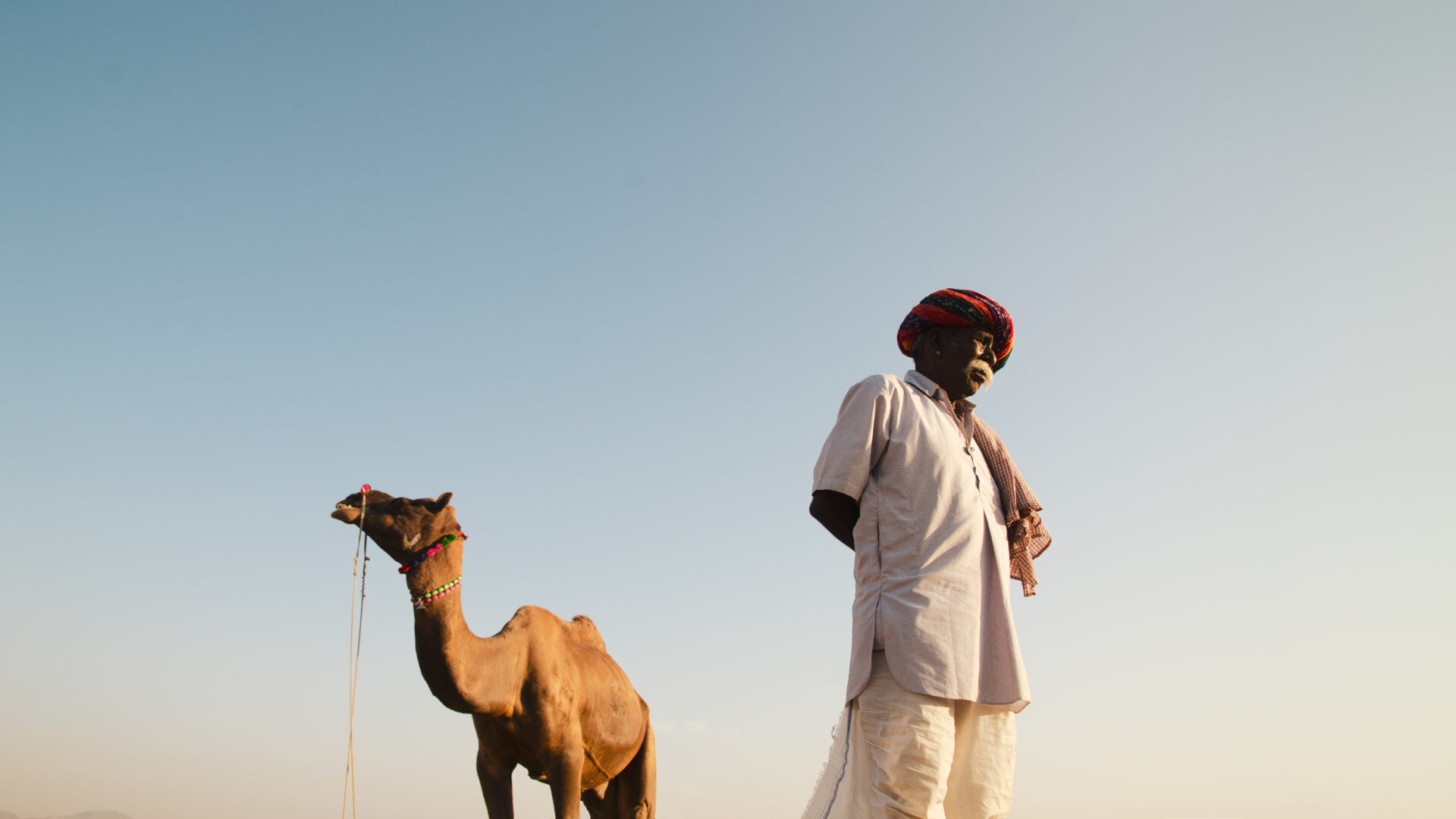
One of the most prominent attractions of the Pushkar Fair is the world's largest camel fair, a spectacle that unfolds on the outskirts of the town. Countless camel herders, their faces etched with the stories of the desert, journey from afar, some traveling for days, to partake in the time-honored tradition of trading their prized camels, horses, sheep, and goats. Their presence, alongside their animals, creates a scene rich in both commerce and tradition.
This gathering presents a vital opportunity for breeders to showcase the strength, health, and unique qualities of their camels, nurtured under the challenging desert conditions. Simultaneously, it offers buyers an unparalleled chance to acquire the perfect animals for their needs, be it for transportation across the sandy landscapes, invaluable assistance in agricultural endeavors, or as a source of milk and, within certain communities, meat. (While the consumption of camel meat has been traditionally taboo across much of India, it remains a culinary practice within a very small number of distinct communities.)
For numerous families deeply rooted in the desert way of life, their camels represent not just livestock but often their sole means of sustenance. The festival, therefore, transcends mere trade; it serves as a crucial lifeline, providing these families with a critical platform to sell their animals and secure their livelihoods for the year ahead. Across the expansive desert landscape, their simple tents and the multitude of their livestock create a tableau that seems to have gracefully withstood the relentless passage of time for centuries.
Beyond the bustling camel fair, the Pushkar Festival is a vibrant tapestry of cultural experiences, featuring a traveling amusement park with its colorful rides and attractions, traditional circus performances that delight audiences, and enchanting folk music and dance performances that echo the rich heritage of Rajasthan. Pilgrims from all corners of India converge upon the sacred Pushkar Lake, drawn by the belief that its waters possess the power to cleanse sins and bestow spiritual merit. The air resonates with the quiet murmur of prayers and the deep sense of devotion.
Ultimately, the Pushkar Festival offers a unique and immersive opportunity to witness the authentic local way of life in Rajasthan and to experience its vibrant colors and rich cultural diversity firsthand. It is a testament to the resilience and spirit of the people who call this extraordinary desert landscape home, a vibrant celebration of tradition, community, and the enduring connection between people and their land.
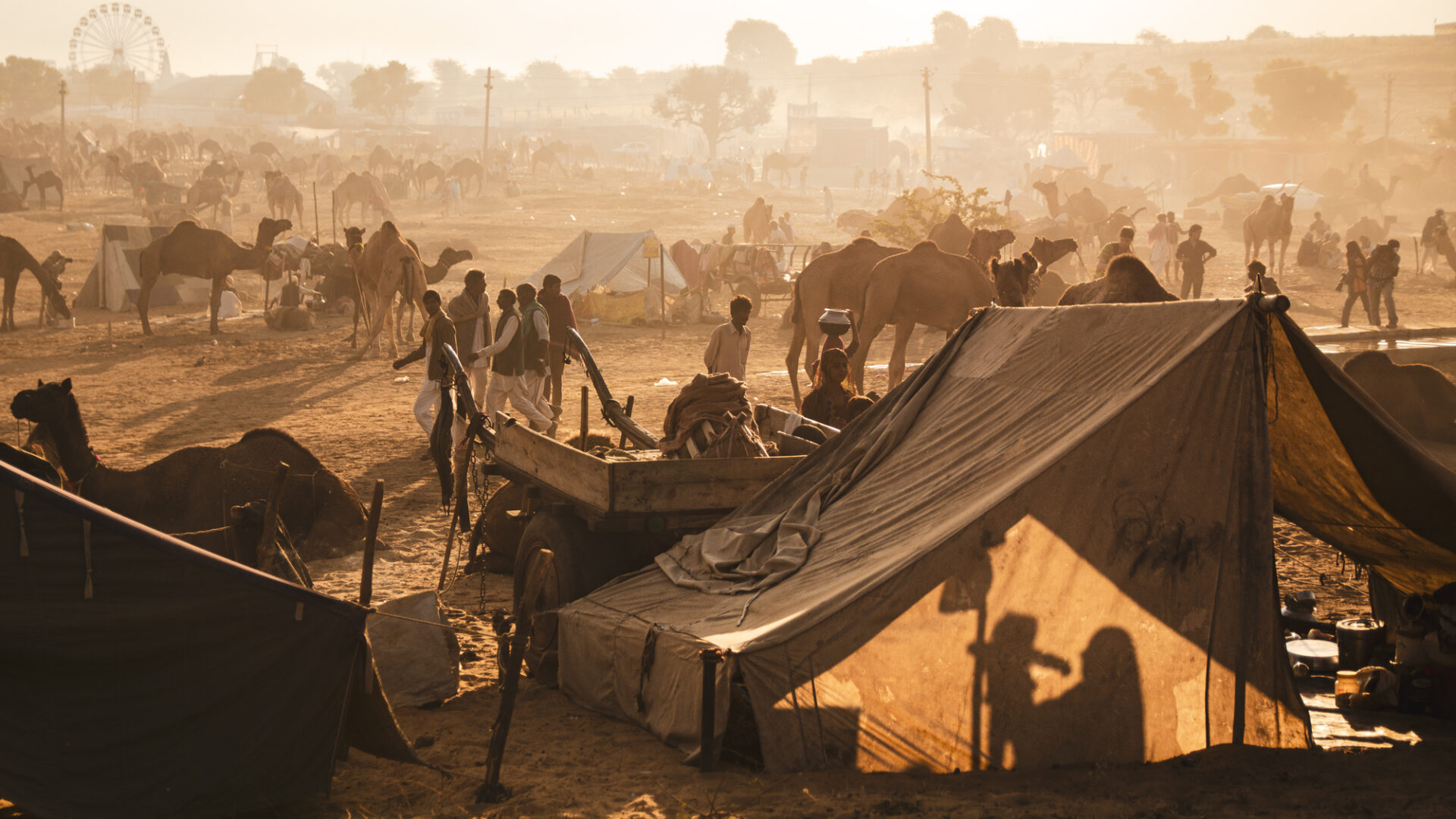
The family came to Pushkar on foot over a two-week period from 400 km away near Jaisalmer.
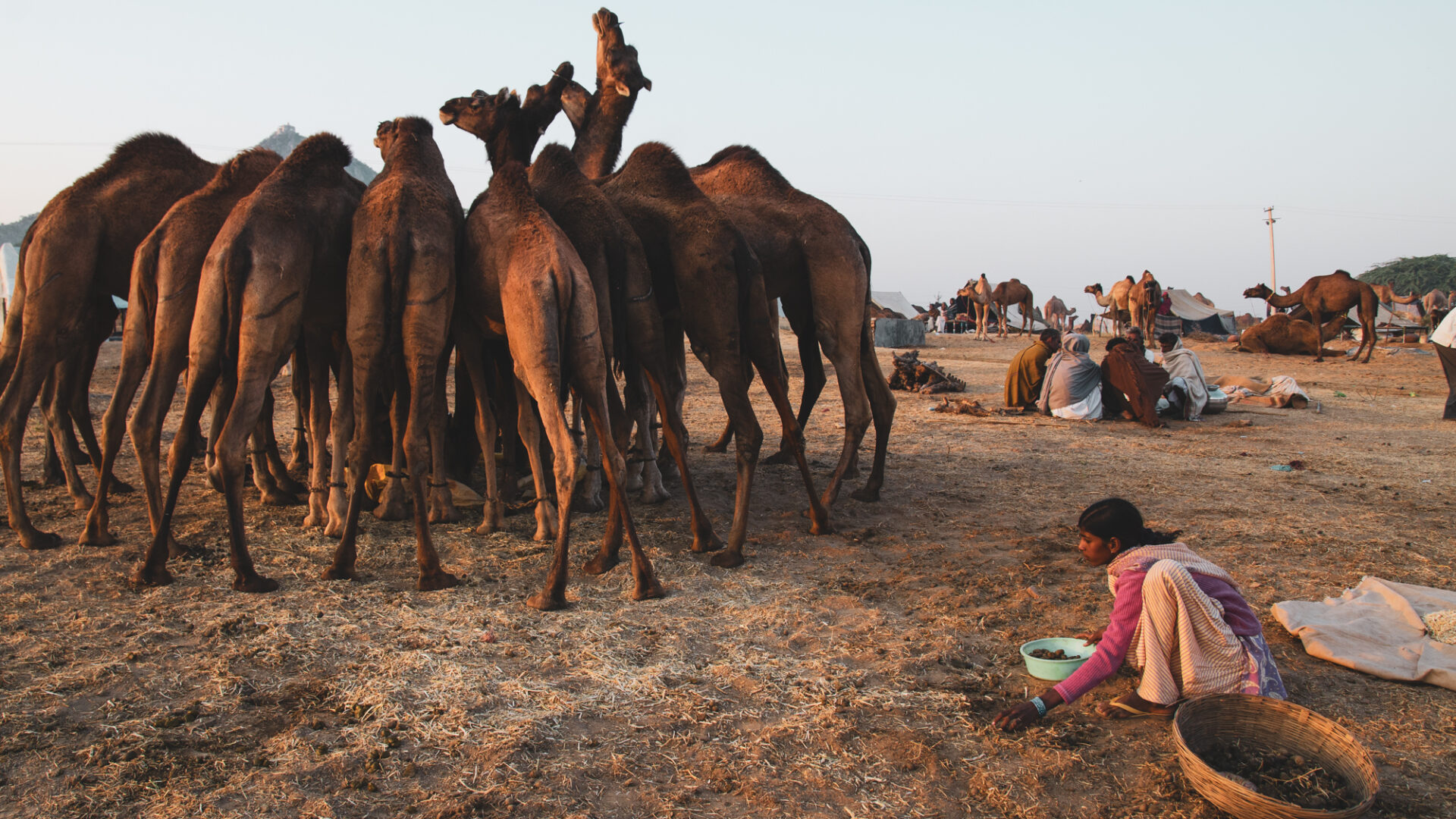
At dawn, the women collect camel dung. Camel dung is an essential fuel for cooking.
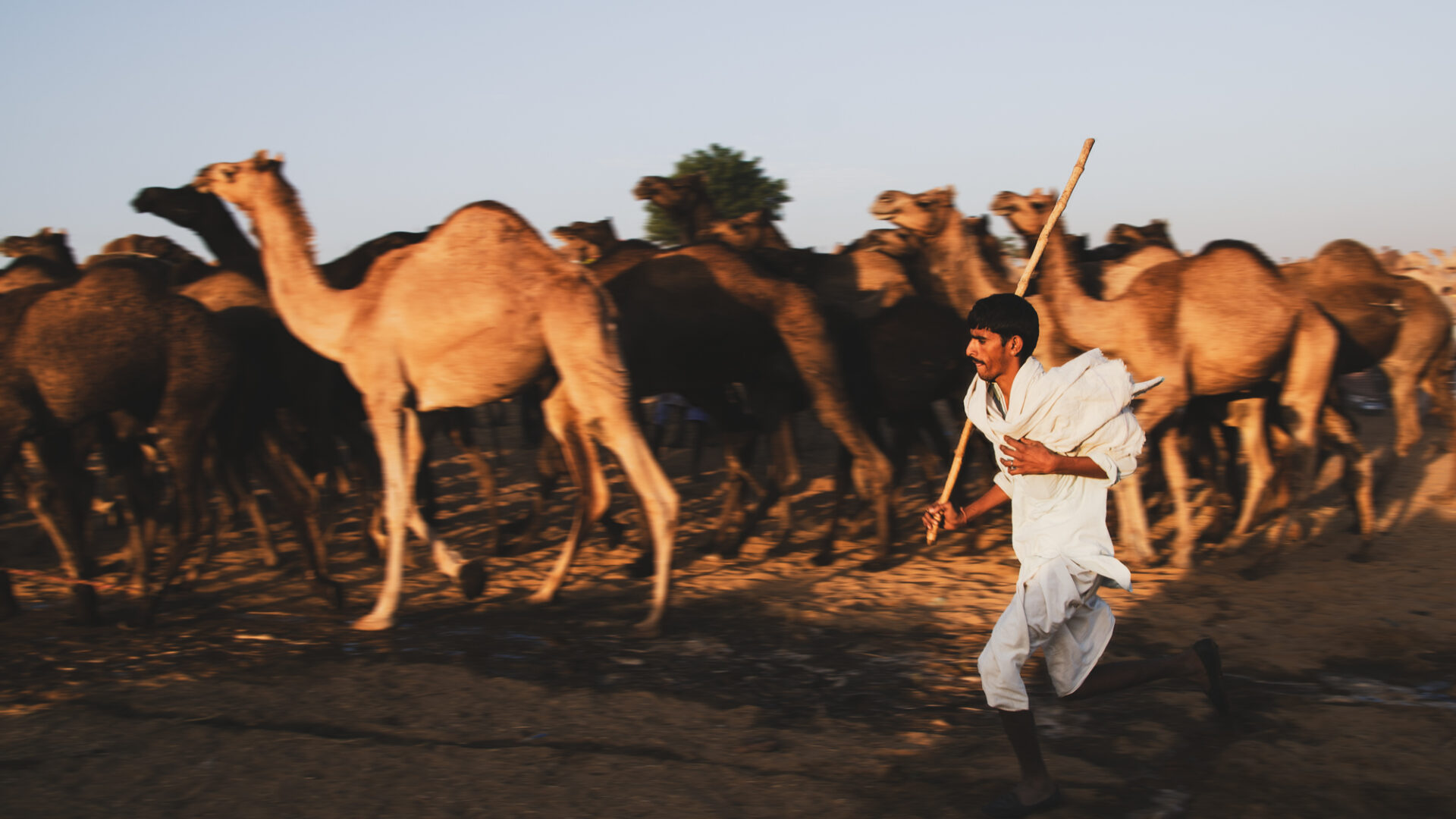
At dawn, the men begin to move with their camels in search of water and greenery.
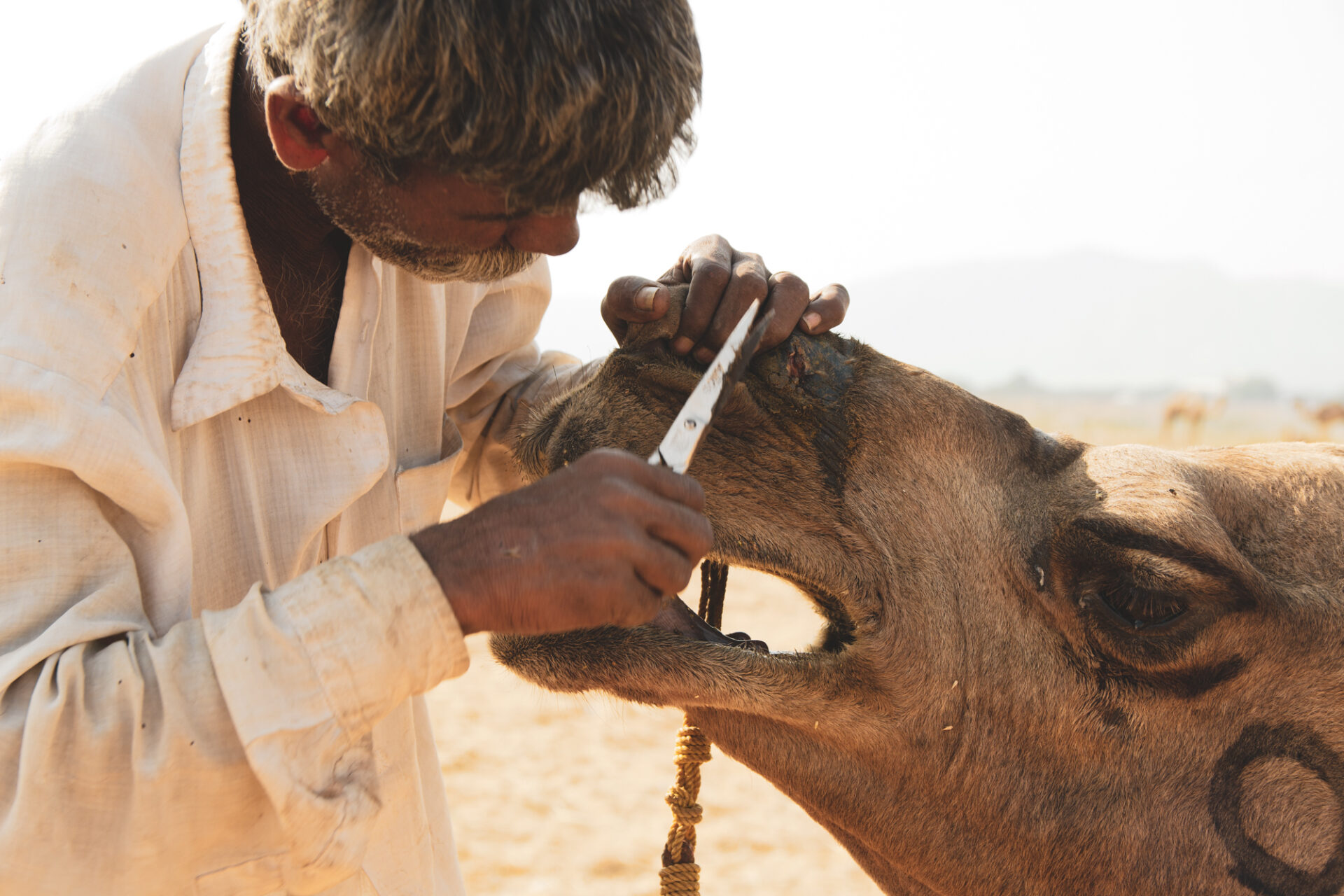
Before being exhibited, the camels are neatly groomed and decorated.
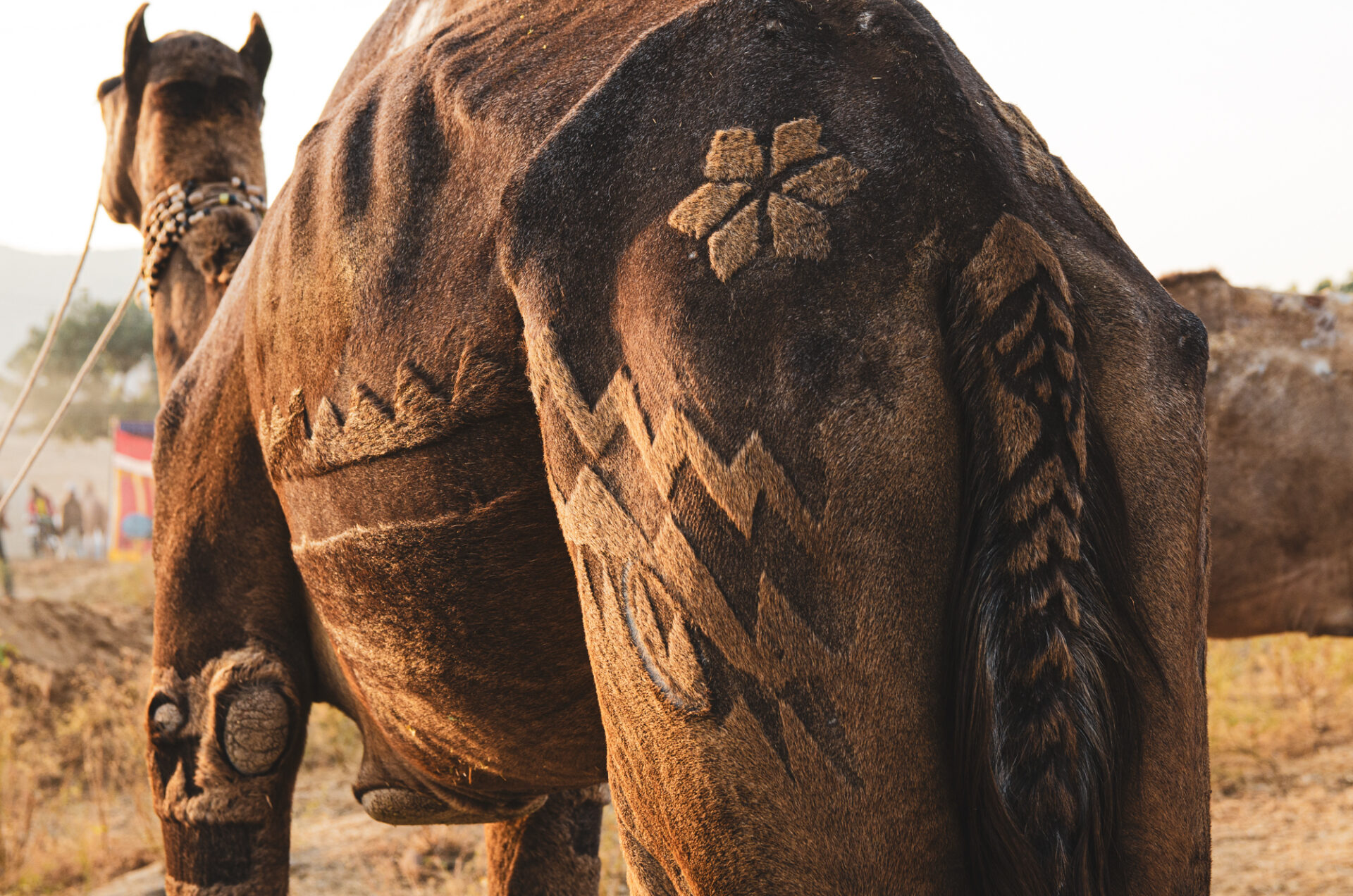
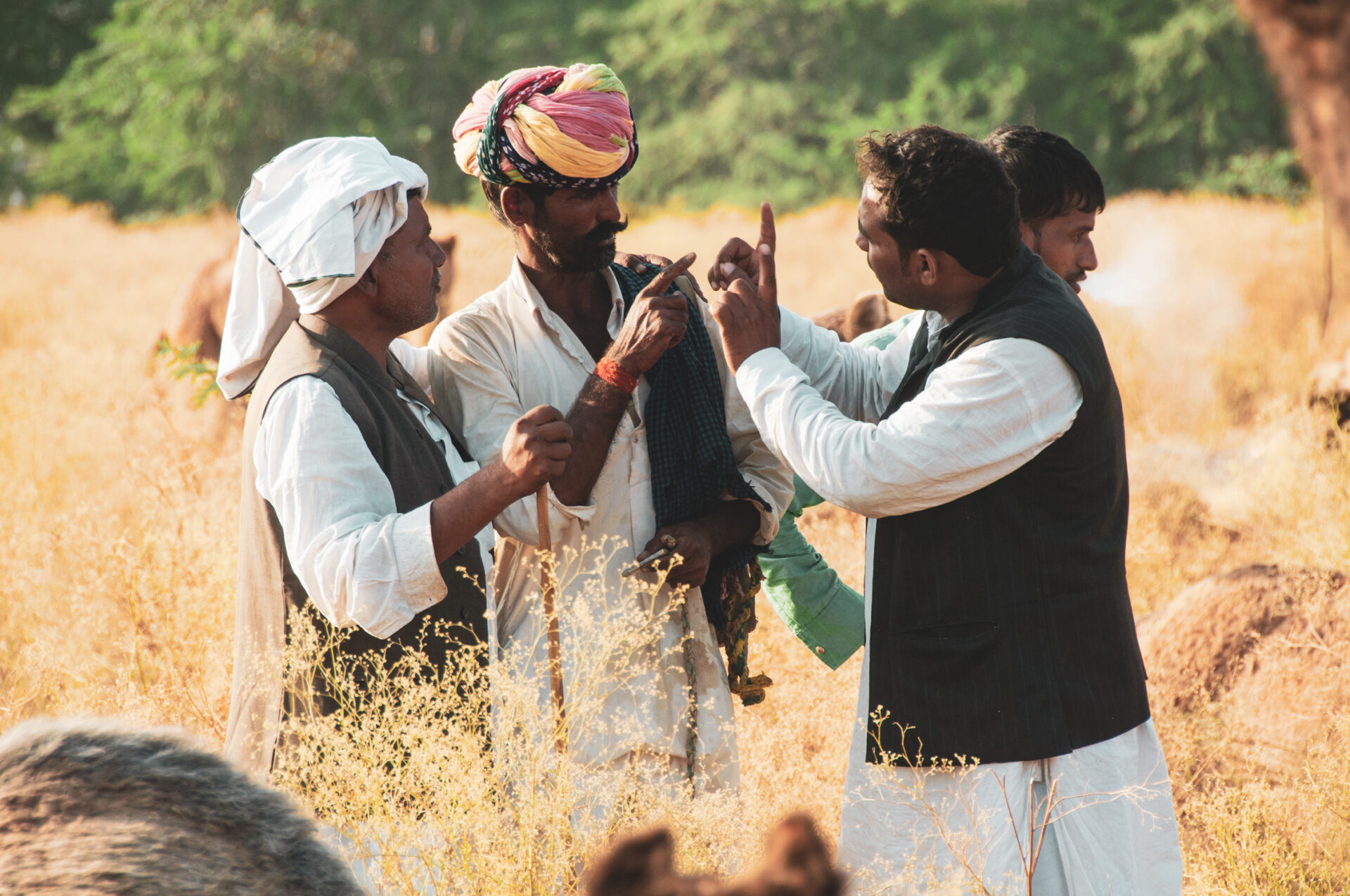
Livestock sales are a matter of family survival.
Negotiations can be difficult, sometimes to the point of arguments.
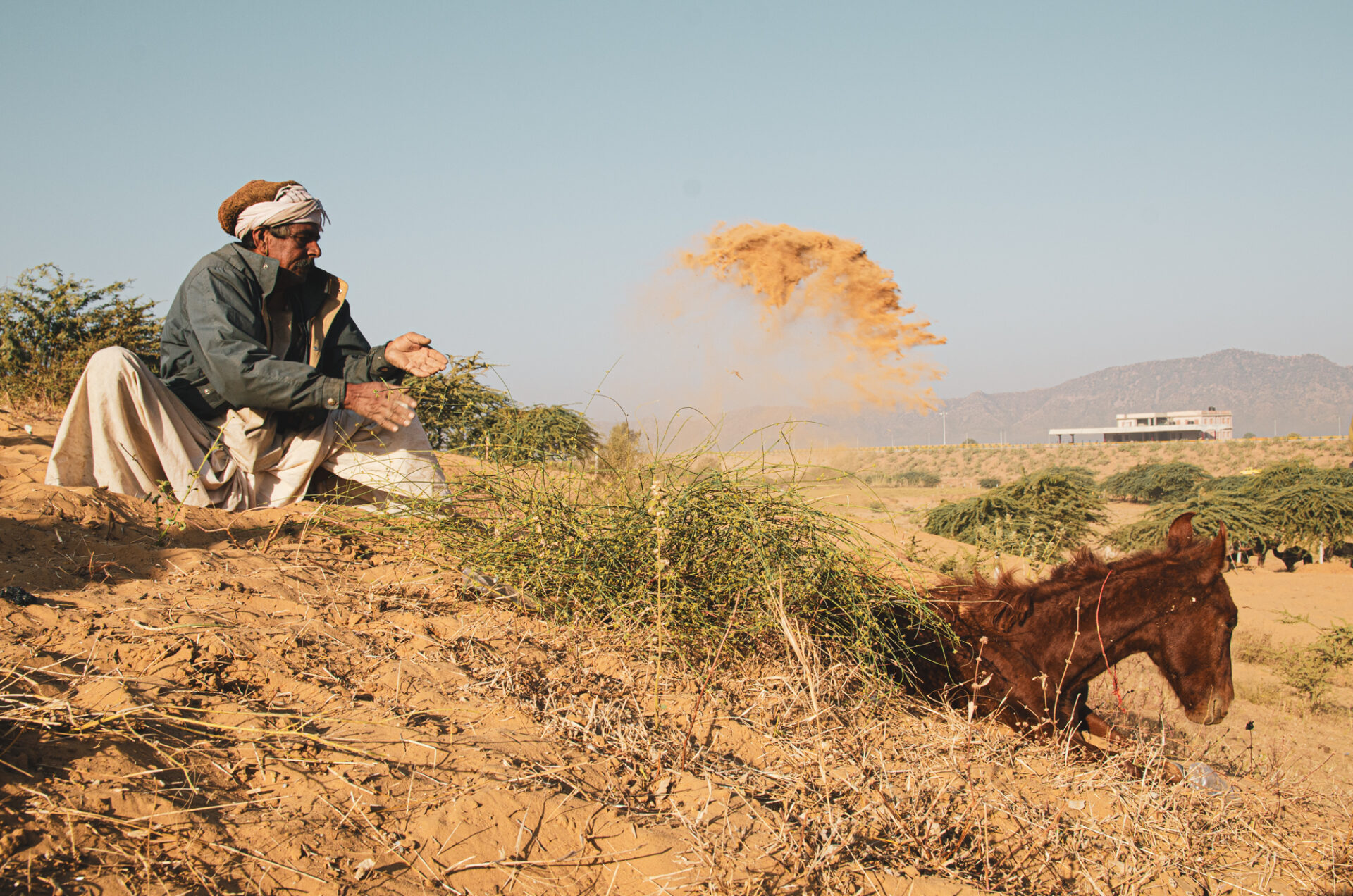
Could it be a folk remedy? Treating sick livestock by sprinkling sand on them.
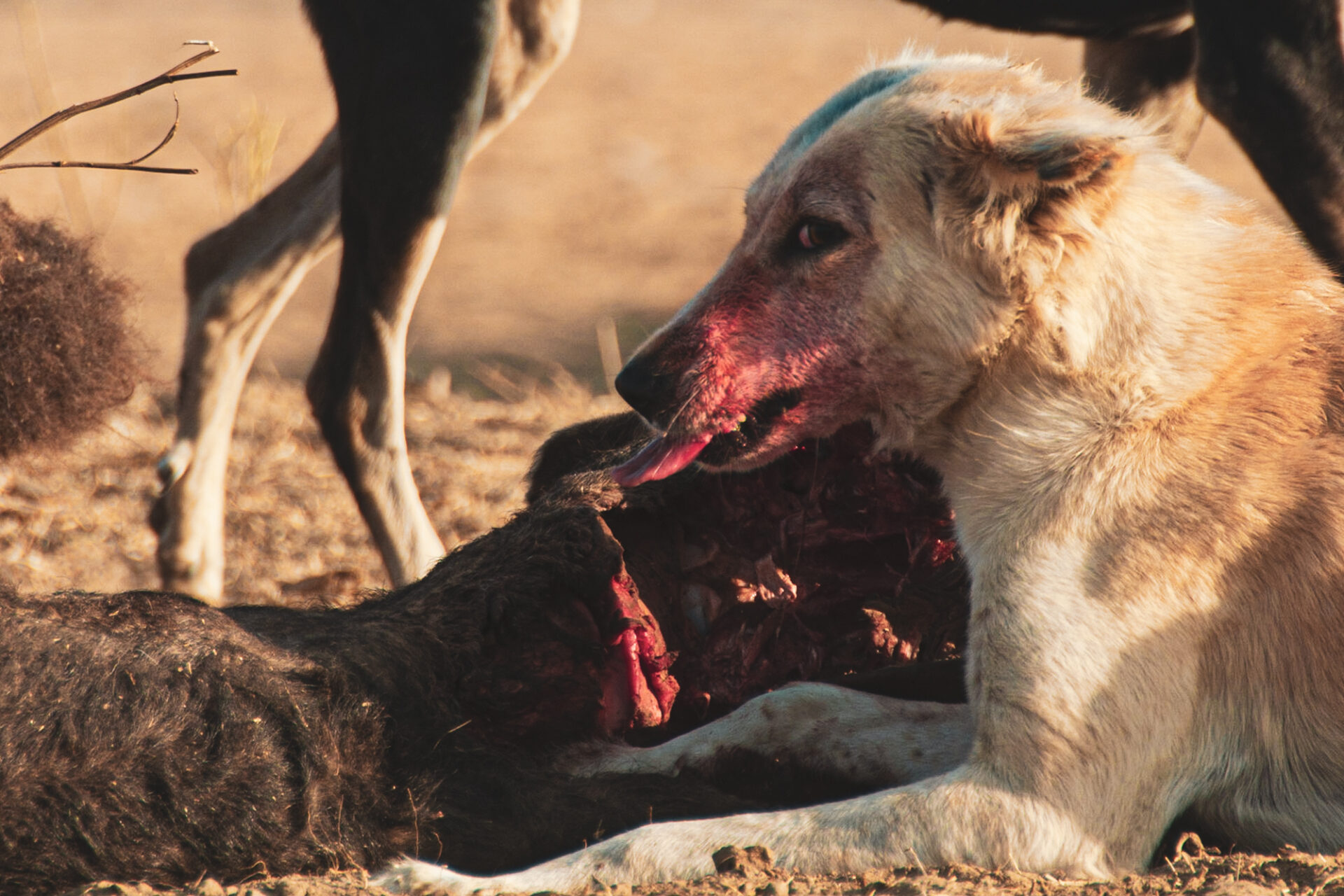
Dead livestock is the sustenance of wild dogs.
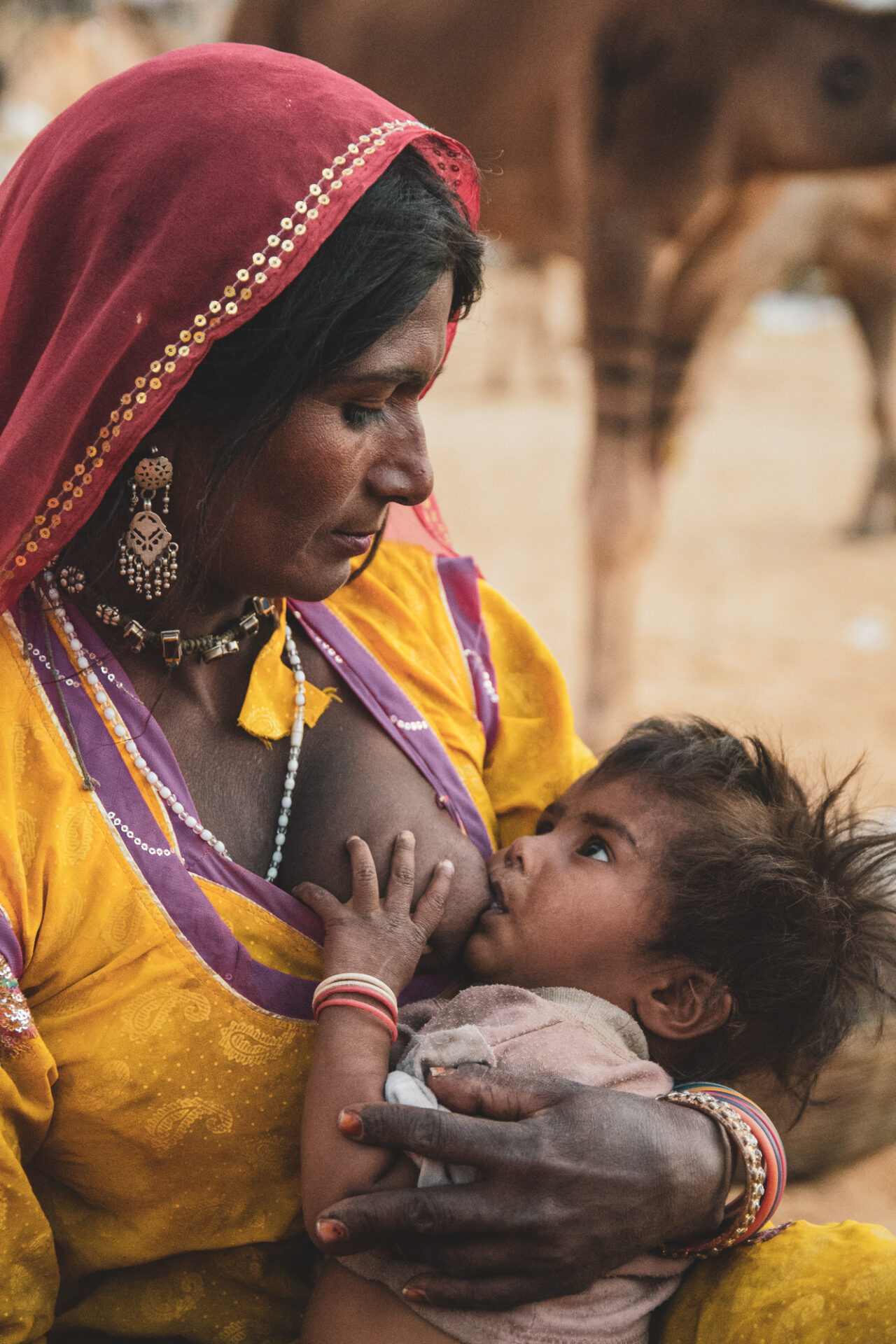
In this harsh environment, livestock are raised by people, and people are kept alive by livestock.
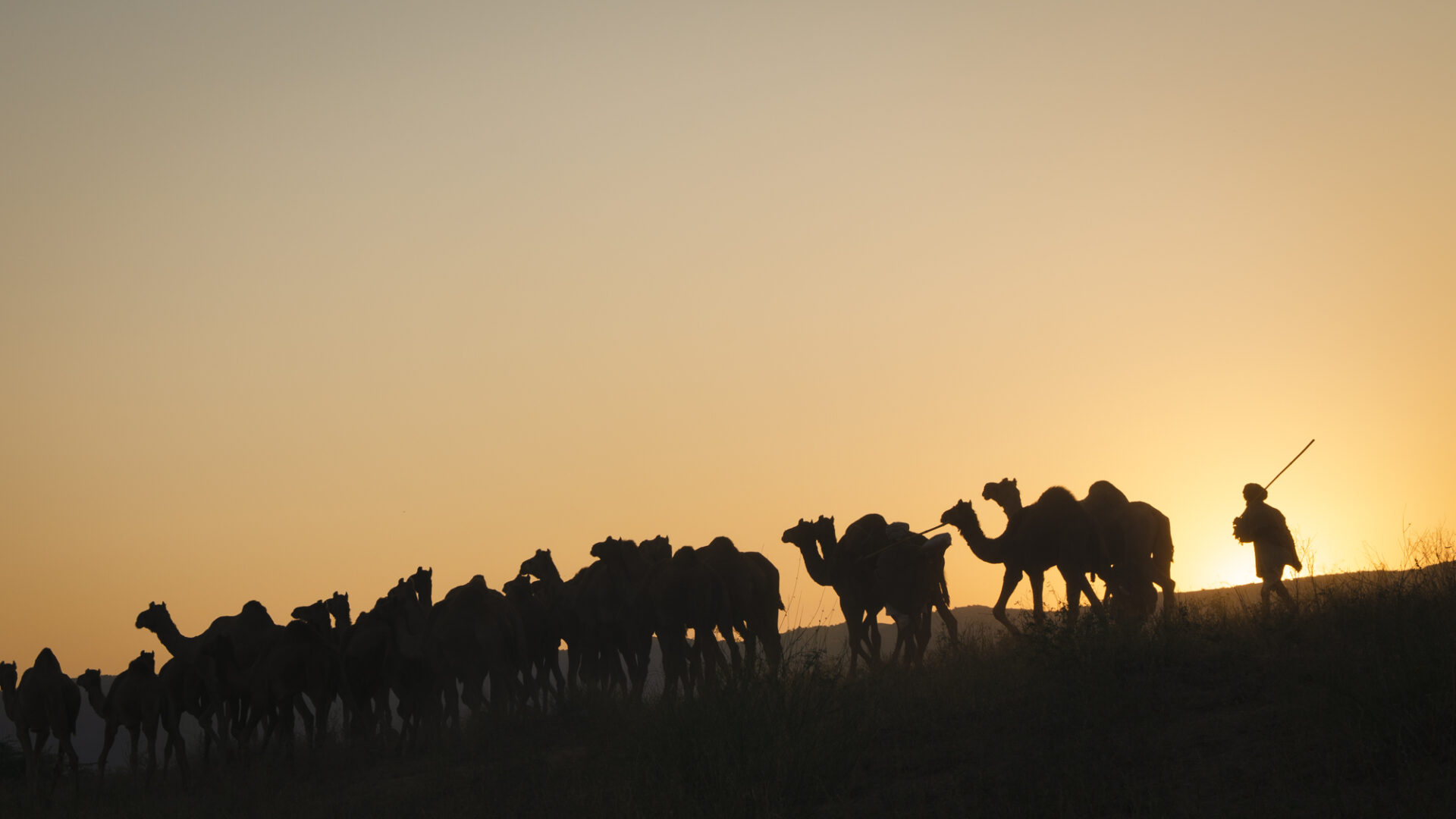
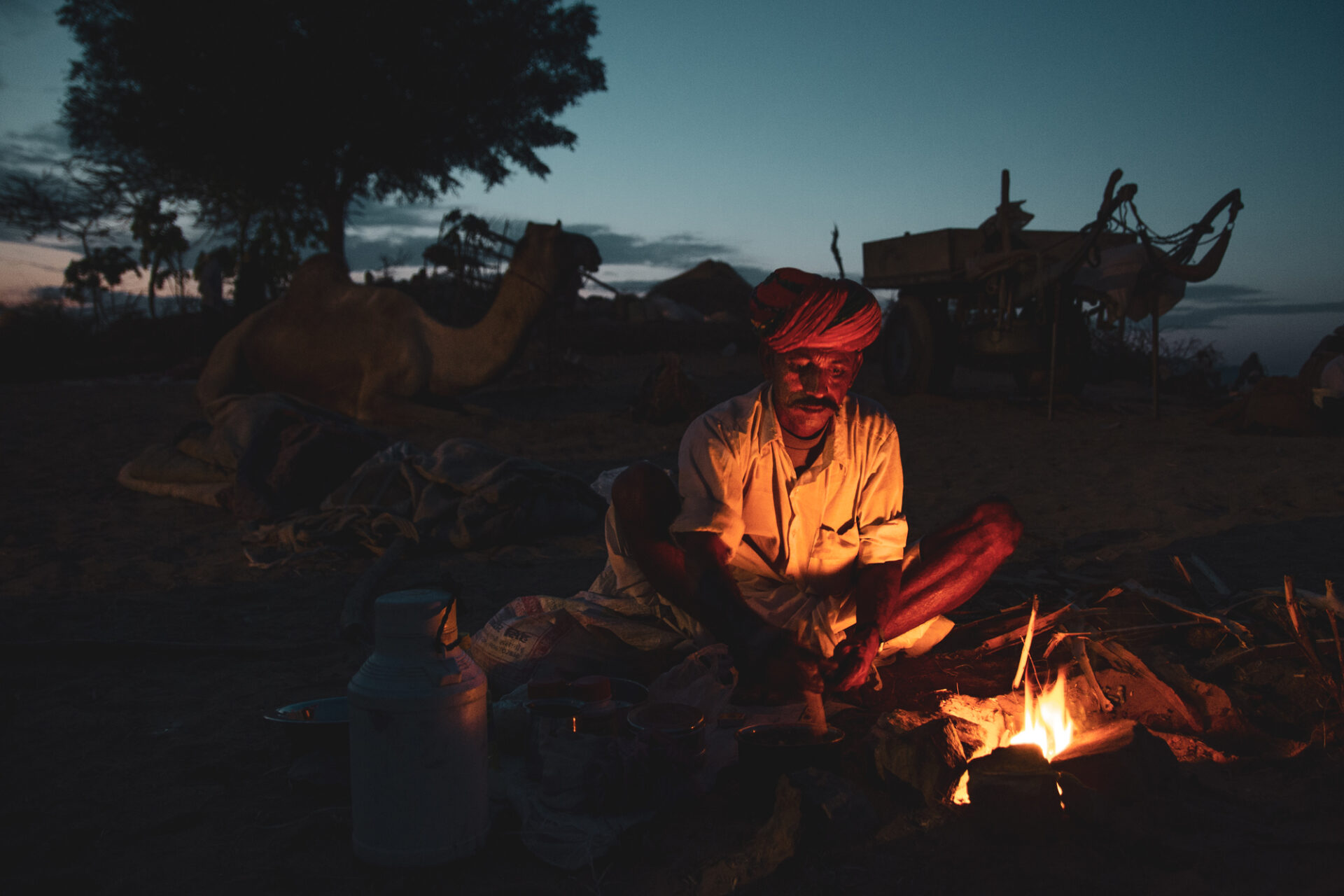
The desert is cold at night.
Time to make warm milk tea.
However, today we live in an era where you can buy a car with just a click on your mobile phone, and the rapid development of IT technology in India is truly remarkable. India has become a leading force in the world. If livestock trading enters the realm of IT technology, transactions are likely to become easier and less risky.
At that time, will the desert dwellers continue to uphold their traditional way of life, or will they abandon it? Preserving traditions may lead to being left behind in the world, and we cannot be certain that the value of camels will remain the same.
Their way of using livestock dung as fuel, selling tea, helping each other within families, and living in tents all gave a sense of a different world. All of this might become a thing of the past. While it is undoubtedly good that life becomes more comfortable, I hope the traditional way of life doesn't change.
That is my selfish wish.
One day, I sat down for tea with my grandfather, who was born and raised in this town.
As we watched the bustling pilgrims, he said to me, "In the past, many more pilgrims used to visit this town.
"It would take hours to reach the lake due to the crowds."
He seemed nostalgic about the past.
Recently, their living environment has changed significantly. As a result, their faith, customs, and habits are also undergoing significant changes.
Before these changes take place, I would like to visit this place once more.
